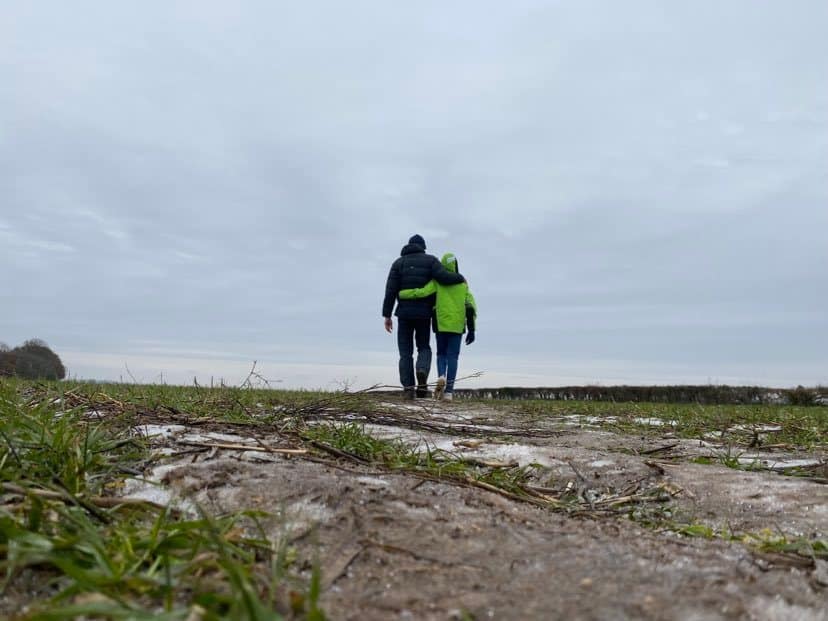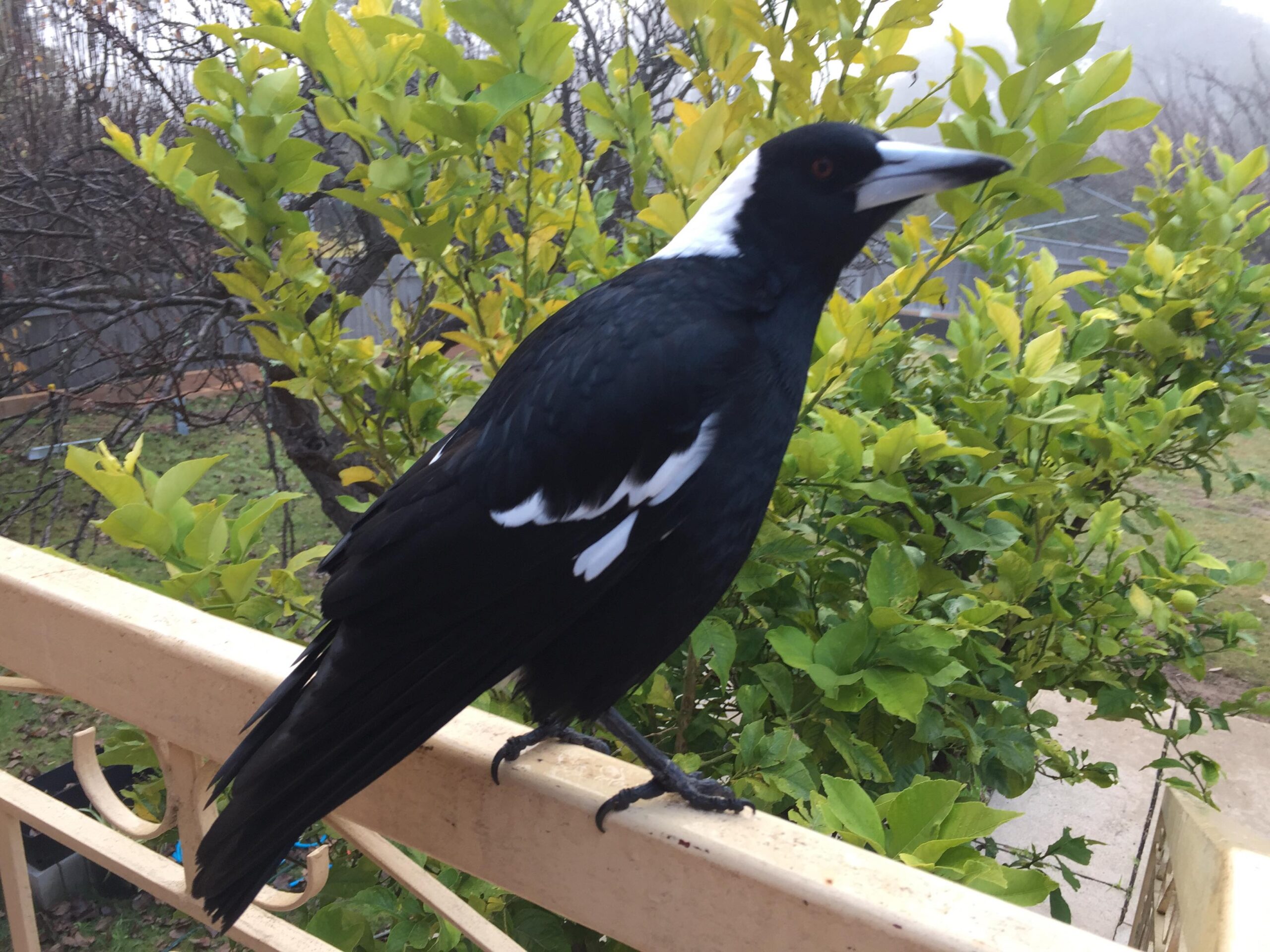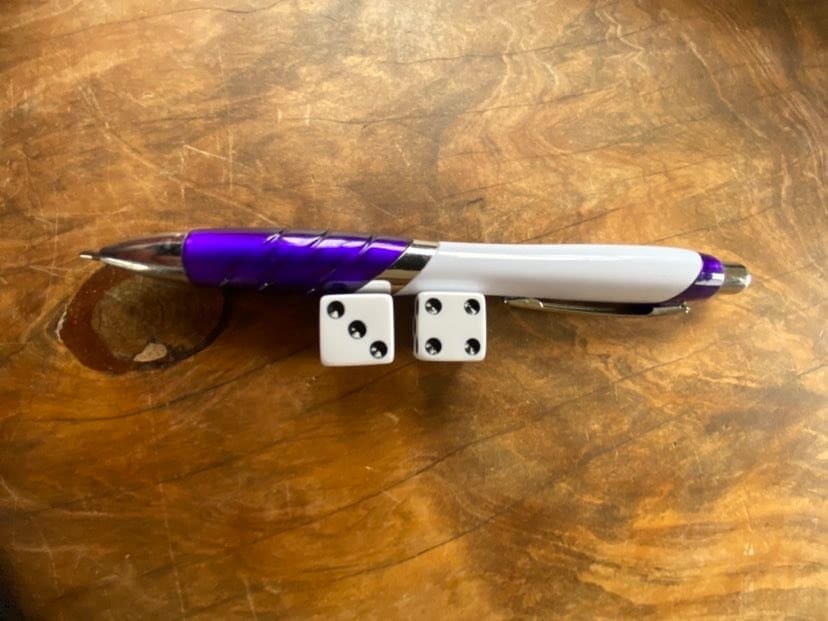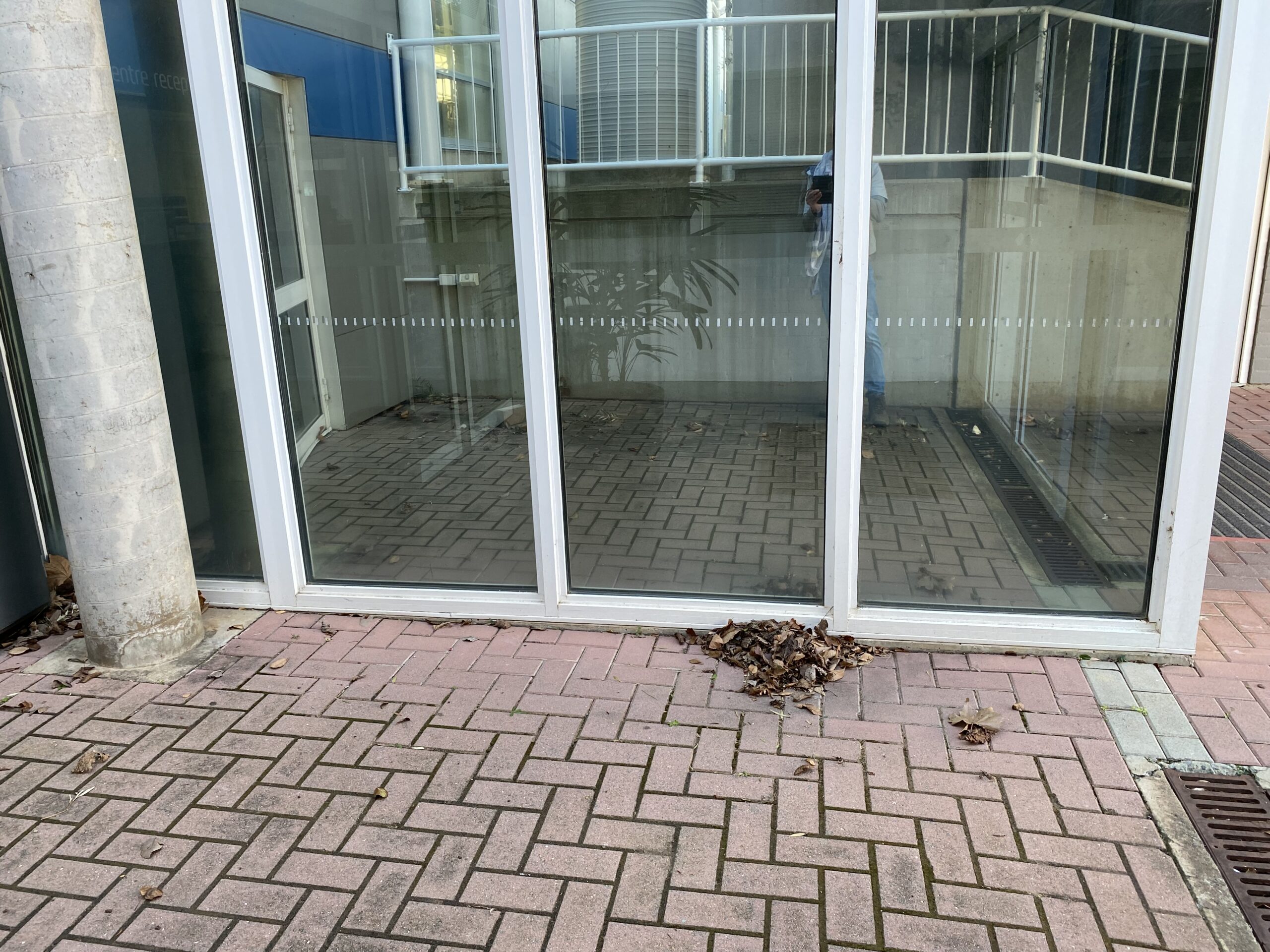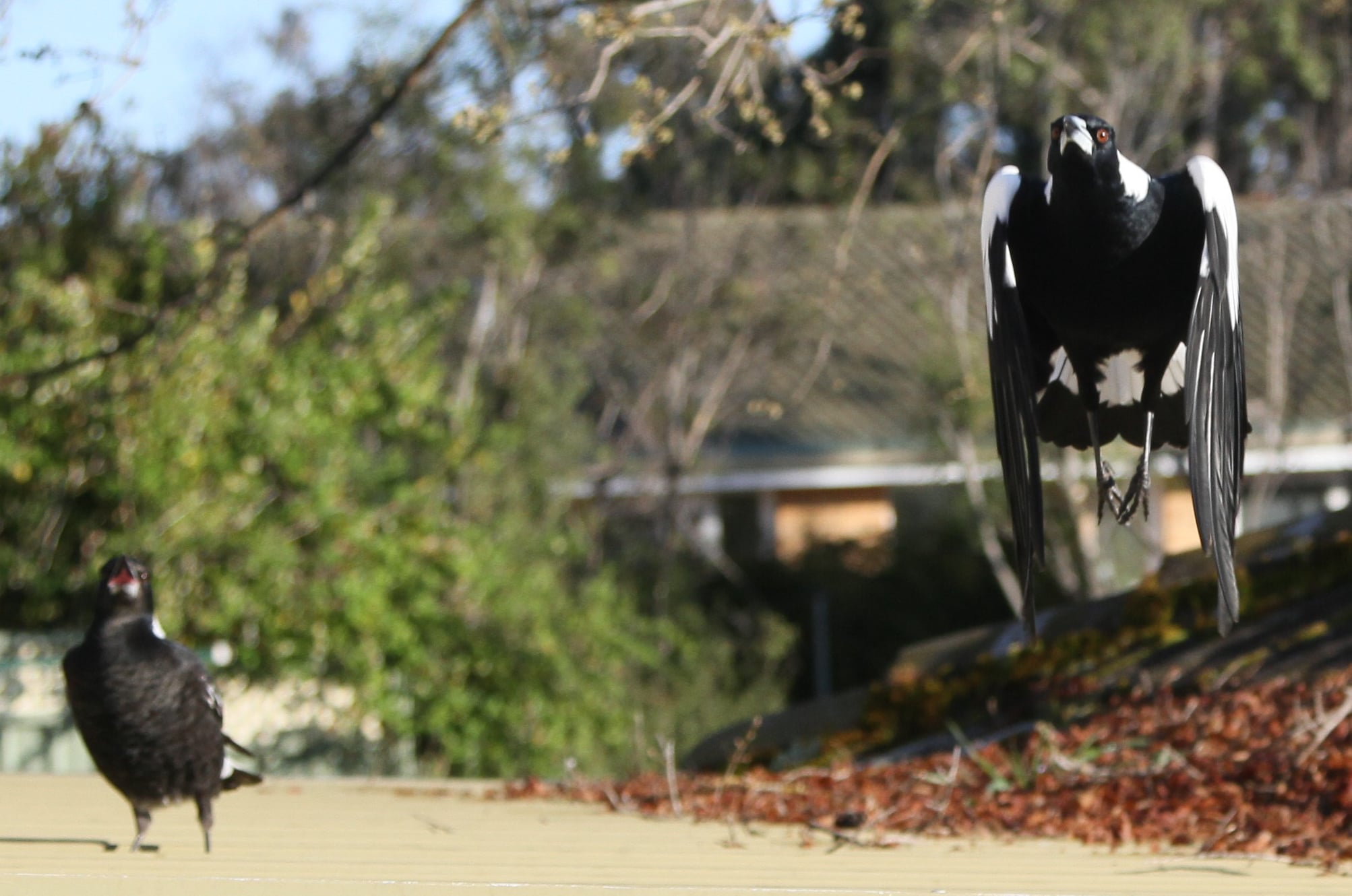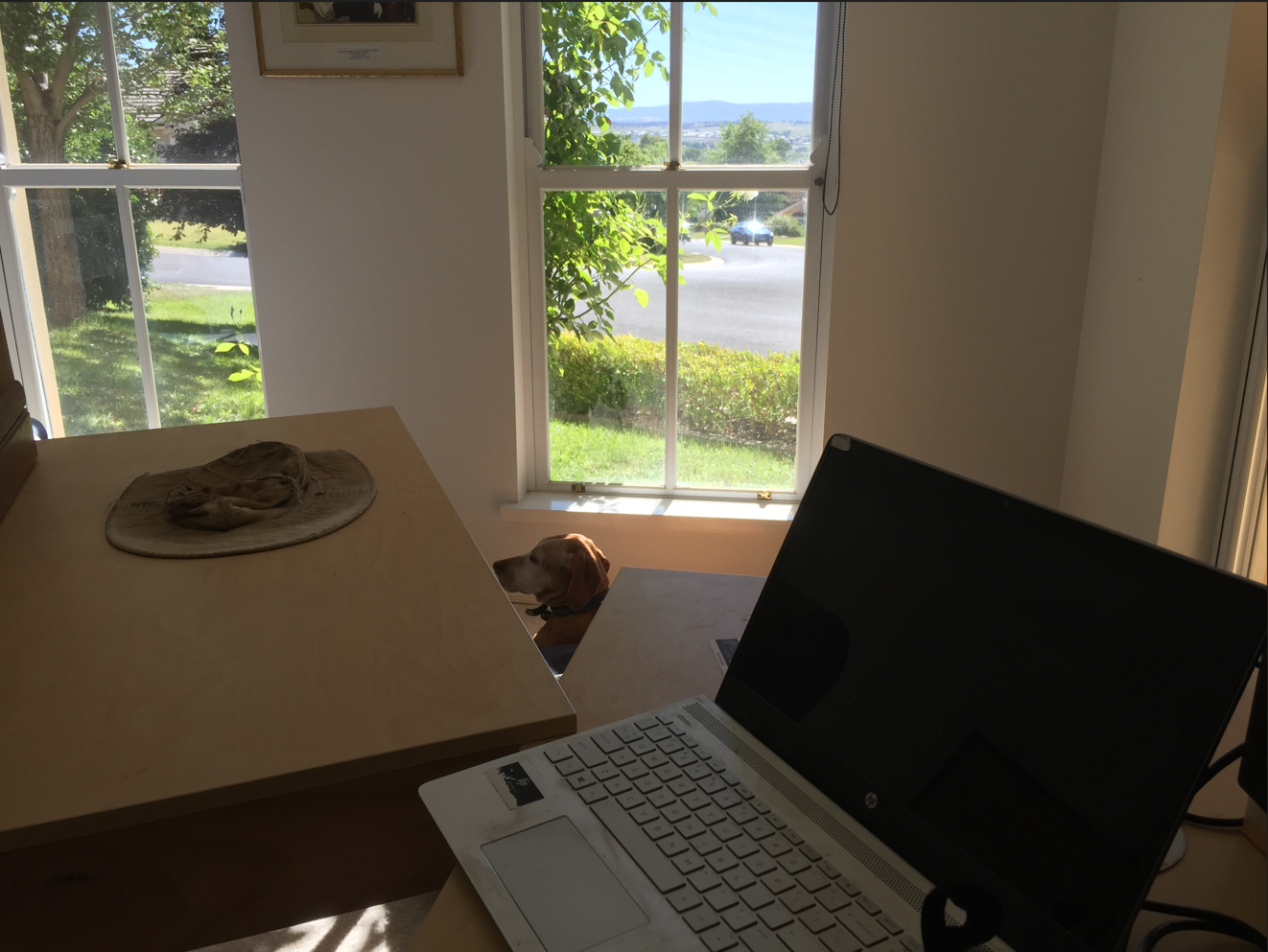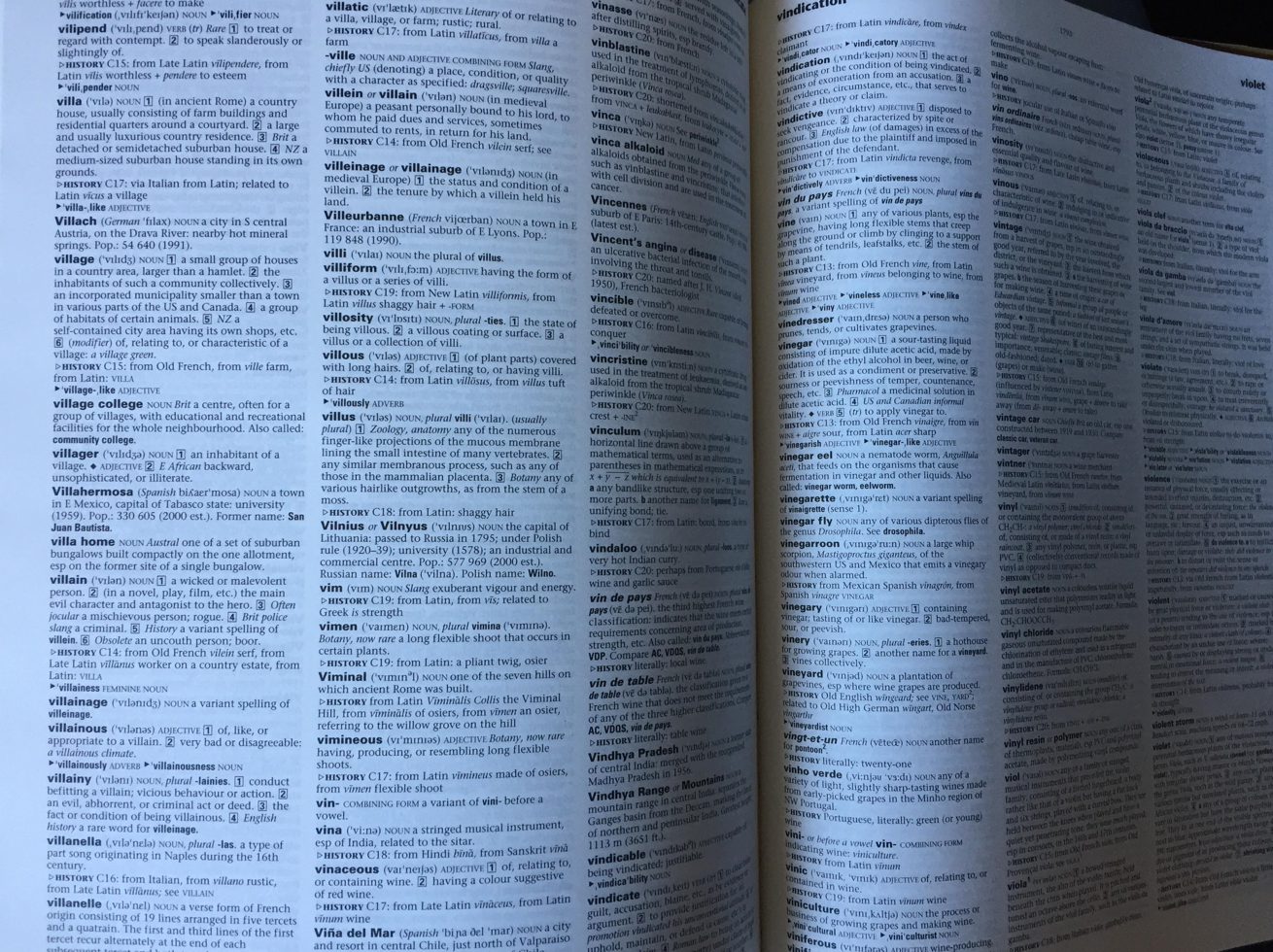Yes, we rattle on about senses quite a bit at Crack-A-Story. However, we do so for a reason: they are critically important with helping us connect with, and understand our world. That connection and understanding can in turn help us …
Etymology: What a big WORD! As we know, words are so often the building blocks for stories. But how many of us think about individual words as having stories of their own? Studying words (etymology) can be a fun and …
You have probably heard of the KISS principle: Keep it simple, stupid! Perhaps it is a little blunt, but it can certainly apply to writing (and storytelling in general). All too often some of our young people string together complex …
When it comes to writing, some of our young people put pressure on themselves even before they begin to write. Such an unfortunate scenario can be framed by comments that we’ve all heard at some time or other: ‘I don’t …
Can you remember those days when you were a child at sports training and all you wanted to do was play a game, but your coach insisted on repetitive drills? Ho-Hum. Writing can be the same. So, why not break …
To begin this exercise, please have a look at the photo of the leaves, and read the following: She worked hard to sweep the leaves into their spot. Then she took a breath before she began again. Sweeping, sweeping, always …
Adjectives (descriptive words) can lift your writing and speaking by taking your audience (reader, listener, viewer) deep into your story. Adjectives can paint pictures for the audience, but beware: adjectives can also clutter or confuse the audience. So, try to …
Just have a go. Start to write. It all begins with just one stroke on a page, the first brick. Then add another brick: write some more. At times the journey may be frustrating. It may also be very hard …
When we write, it’s common for some of us to use long-winded or fancy words. But, why do we do that? Is it to impress our readers, teachers, or exam markers? Sometimes the long-winded words can be effective, but they …

